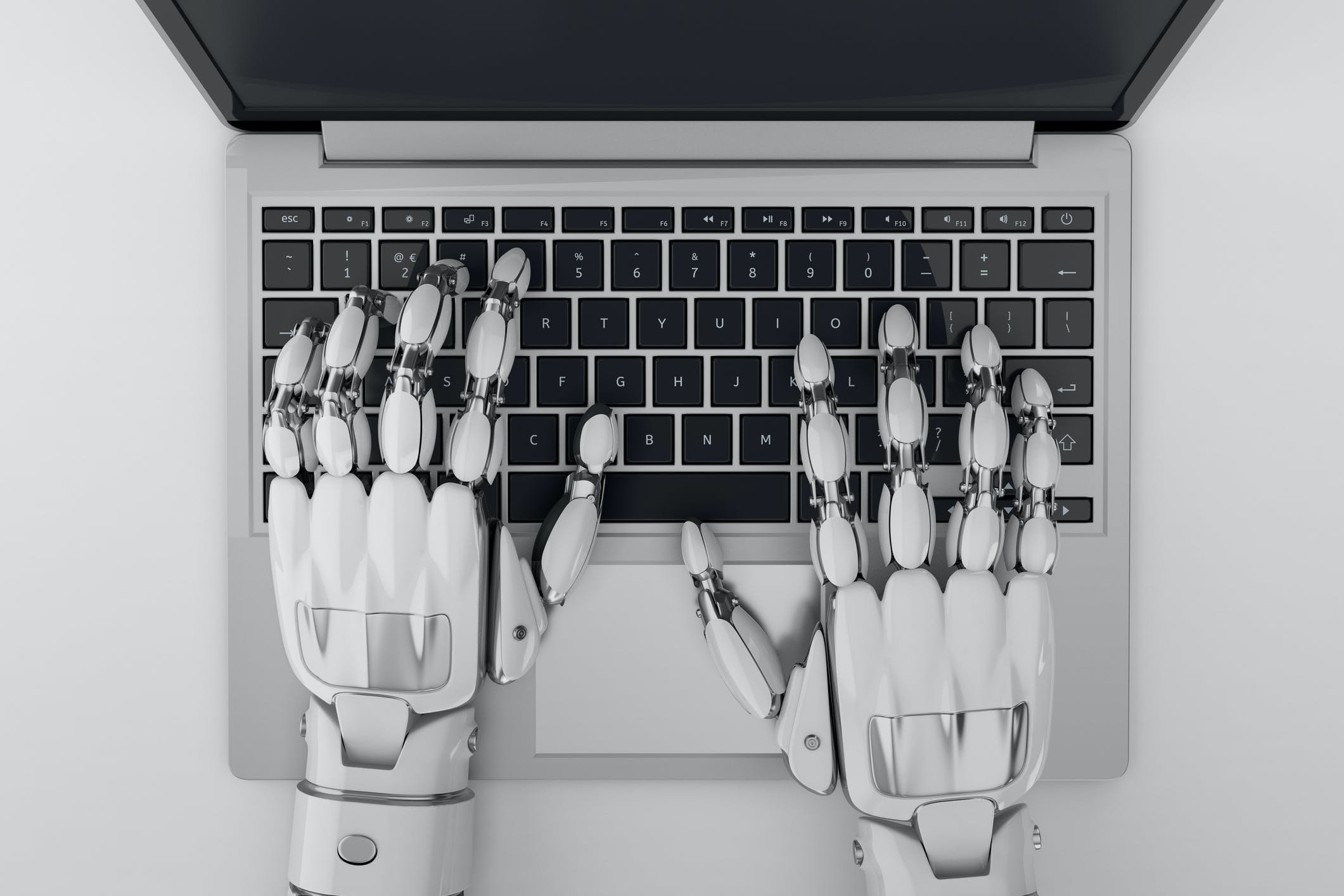Why A.I. Will Never Replace Real Writers
In recent months, there has been a lot of discussion concerning artificial intelligence. And regrettably, there has been no revived discussion about the 2001 film A.I. Artificial Intelligence. Instead, there has been renewed discussion about deploying artificial intelligence (A.I.) in significant film and television productions, frequently in place of writers or other below-the-line crew members. Thanks to the current Writers Guild of America strike, awareness of this issue has only increased.
The refusal of studios to refrain from adopting Artificial Intelligence when it comes to crafting screenplays is just one of the many understandable concerns from these writers. The big studios have rejected an apparently straightforward and important request, and this denial served as one of the primary drivers behind the strike's first onset. Corporations are making it clear that writers are expendable while technology like A.I. should be given precedence.
Corporations may exuberantly describe artificial intelligence (AI) as "the way of the future" to shareholders, while countless Twitter users have adopted AI as a metaphor for living in a dystopian future. However, in practice, the idea of movies and TV shows produced by artificial intelligence is incompatible with the idea of art. Going this method with pop culture properties would undoubtedly save some money for executives who are already obscenely wealthy. A.I., however, will never be able to adequately replace true artists.
Looks like A.I. is already here.
If one is curious about what a future pop culture landscape dominated by pieces of art molded by machines would look like, just take a peek at some recent videos that have gone viral online. These shorts have been brought to life with A.I. technology and are meant to demonstrate the artistic capabilities of this technology. In reality, the results have often been creepy and desperately missing a human touch. What are conceptually meant to be tech demo’s that unwittingly get people latched onto A.I. art without realizing it will inevitably inspire a sense of “something’s off” even to those unaware that what they’re looking at what made by A.I.
The best example of this phenomenon is a recent “Star Wars but directed by Wes Anderson” video that was generated by A.I. This short functions as a microcosm of the internet’s fascination with cramming two disparate pop culture properties together and then selling the resulting mash-up. Such an obsession reaches a new low with this A.I.-generated video, which is just astonishingly poor. The images on-screen don’t register at all as being evocative of the cinematography of Wes Anderson.
There’s such unspeakably irony in watching the innately cold and detached nature of A.I. technology fail to emulate the warmth of a Wes Anderson movie. His features often look so lovingly handmade, with textures you want to reach out and touch. This A.I. video, by contrast, is just repellant and sterile.
Imperfections Can Make Art Amazing.
Small flaws or other flaws in a painting are sometimes referred to in Bob Ross' painting tutorials as "happy little accidents." It was a terrific approach to demonstrate to people that what is considered "a flaw" in a piece of art is not necessarily a negative quality. It frequently highlights the creative nature of the person who created it or unintentionally draws attention to a story's themes. When creating art, those seemingly little glitches and bumps might actually be the elements that help to establish the work's unique voice.
Unfortunately, A.I. Art is designed from the ground up to choke out such unavoidable flaws. While AI-produced art doesn't always produce flawless works of art (heaven knows), what it does produce is rigidly mechanical art that is based on predetermined instructions. Any flaws stem from the guidelines provided to the A.I. or the software itself, not from spontaneity during the artistic discovery process. Unexpected flaws in movies have been a defining characteristic for well over a century.
The best filmmakers, including Steven Spielberg, Agnes Varda, and everyone in between, have all experienced unforeseen flaws that have had a positive impact on their work. The best television has similarly been shaped by these challenges. Leveraging AI to produce movies and TV shows would eliminate the opportunities for such genuine bits of imperfection, which reflect the humanity behind the art you’re experiencing.
Nobody Wants A.I. Projects.
For a variety of reasons, studio execs particularly appreciate the idea of AI-generated films and TV. But the general public, much alone the artists who painstakingly labor to bring important works of pop culture to life, actually doesn't have a demand for this. There aren't common people pleading on their hands and knees for artificial intelligence (AI) systems to create their works of art in the world of pop culture. TV series and movies can be important, if not always. They can provide visuals that range from stunning scenes that lack any resemblance to reality to frames that vividly depict the subtler details of daily life, sometimes both at once.
There are so many various kinds of storylines that may be presented in movies and on television, all of which have the power to reach deep inside of us. Even works like M3gan, which portray the perils of letting technology replace human ties and emotions, have been produced through this medium.
Such narratives and creative processes should not be left to A.I. systems since doing so would deny artists the chance to express themselves and viewers the chance to view genuinely compelling works of art. There's a good reason the Writers Guild of America is so adamantly opposed to the employment of artificial intelligence in the arts. No matter what the kooks on social media say, human creativity will always be surpassed by technological instruments.




